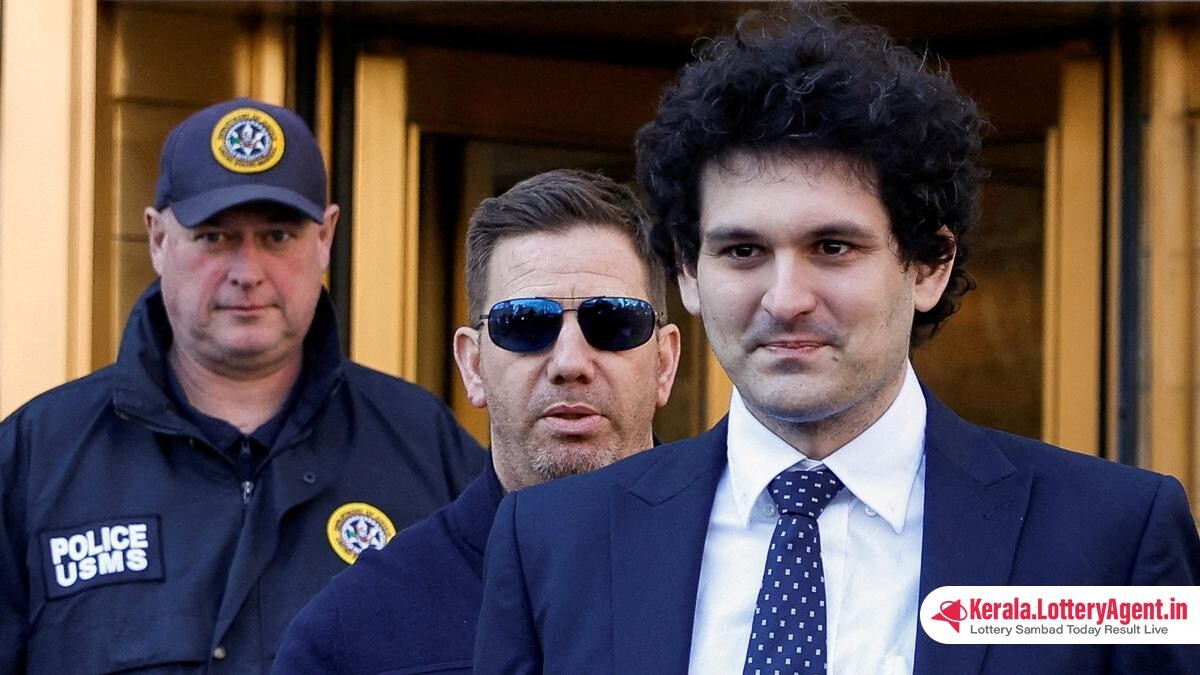
As former crypto titan Sam Bankman-Fried contemplates his future from the confines of his cell, the allure of his past life as a billionaire entrepreneur stands in stark contrast to his current reality. On April 11, Bankman-Fried filed an appeal against both his conviction and the 25-year prison term that was handed down to him for orchestrating a massive fraud through FTX, his own cryptocurrency exchange which has since gone bankrupt.
The appeal was signaled by his defense attorney, Marc Mukasey, during the sentencing hearing on March 28 and was lodged with the 2nd U.S. Circuit Court of Appeals in Manhattan. It was in November when Bankman-Fried, then just 32, stood convicted on seven counts of fraud and conspiracy. This case has wound up as one of the most egregious examples of financial fraud in the annals of U.S. legal history.
The road ahead for Bankman-Fried’s appeal is fraught with difficulty. The burden of proof now sits heavily on his lawyers’ shoulders—to convince the appellate judges that the trial presided over by U.S. District Judge Lewis Kaplan was replete with significant procedural missteps, enough to render the proceedings unfair and the sentence unjust.
Judge Kaplan’s verdict fell somewhere between the harshness of the 40- to 50-year punishment forecasted by prosecutors and the more lenient 5-1/4 years or less recommended by Mukasey. Bankman-Fried’s sentencing marks a pivotal moment, pinning down the rise and catastrophic fall of a man once venerated in certain circles for his seemingly overnight success and, later, for the ambitions of his crypto empire.
Bankman-Fried, whose educational pedigree includes a degree from the Massachusetts Institute of Technology, saw his wealth skyrocket alongside the burgeoning market for bitcoin and similar assets. His net worth peaked at an estimated $26 billion before he reached his third decade, according to Forbes.
Beyond his business exploits, Bankman-Fried sought to leave his mark as a philanthropic political donor, promoting ‘effective altruism’—a philosophy advocating for the importance of earning wealth and funneling it toward globally significant causes.
The FTX debacle unfolded in November 2022, when his Bahamas-based operation tumbled into bankruptcy amidst a whirlwind of customer withdrawals. Panic was fueled by reports of FTX’s intermingling of client funds with Alameda Research, another of Bankman-Fried’s ventures—a hedge fund with a focal point in crypto.
In the ensuing trial, three former confidantes became prosecution witnesses, offering damaging testimony that they had been directed by Bankman-Fried to divert FTX’s funds to steady Alameda’s debts, finance political contributions, and procure opulent real estate in the Bahamas. All three have since admitted guilt to charges of fraud and are pending their own sentences.
Bankman-Fried stood in his own defense, admitting to lapses in risk management but vehemently denying any theft of funds. He confessed to the court during his sentencing that his actions were a string of poor choices—not borne of self-interest nor of nobility but simple, grave miscalculation.
His defense team has leveled criticisms at the prosecution, suggesting an overly cozy relationship with the FTX bankruptcy team, and accusing them of cherry-picking evidence that would aid their case.
During the heated moments of the sentencing, Mukasey pleaded with Judge Kaplan, urging him to discount claims of the $8 billion lost by FTX customers on the basis that they would eventually be compensated. Kaplan, however, balked at the notion, branding it speculative, and underscored Bankman-Fried’s dishonesty, pointing out his sworn testimony which denied any knowledge of sizable customer funds being utilized by Alameda until the bitter end of FTX.
Kaplan poignantly reflected on Bankman-Fried’s mindset—that he was playing a calculating game, stacking the odds of evasion against the risk of capture, an attitude that ultimately led to his downfall. Now, Bankman-Fried awaits the judgment of the courts once more, hoping for a reversal of fortune as he confronts the austere reality of a life encased in legal battles and prison walls.












